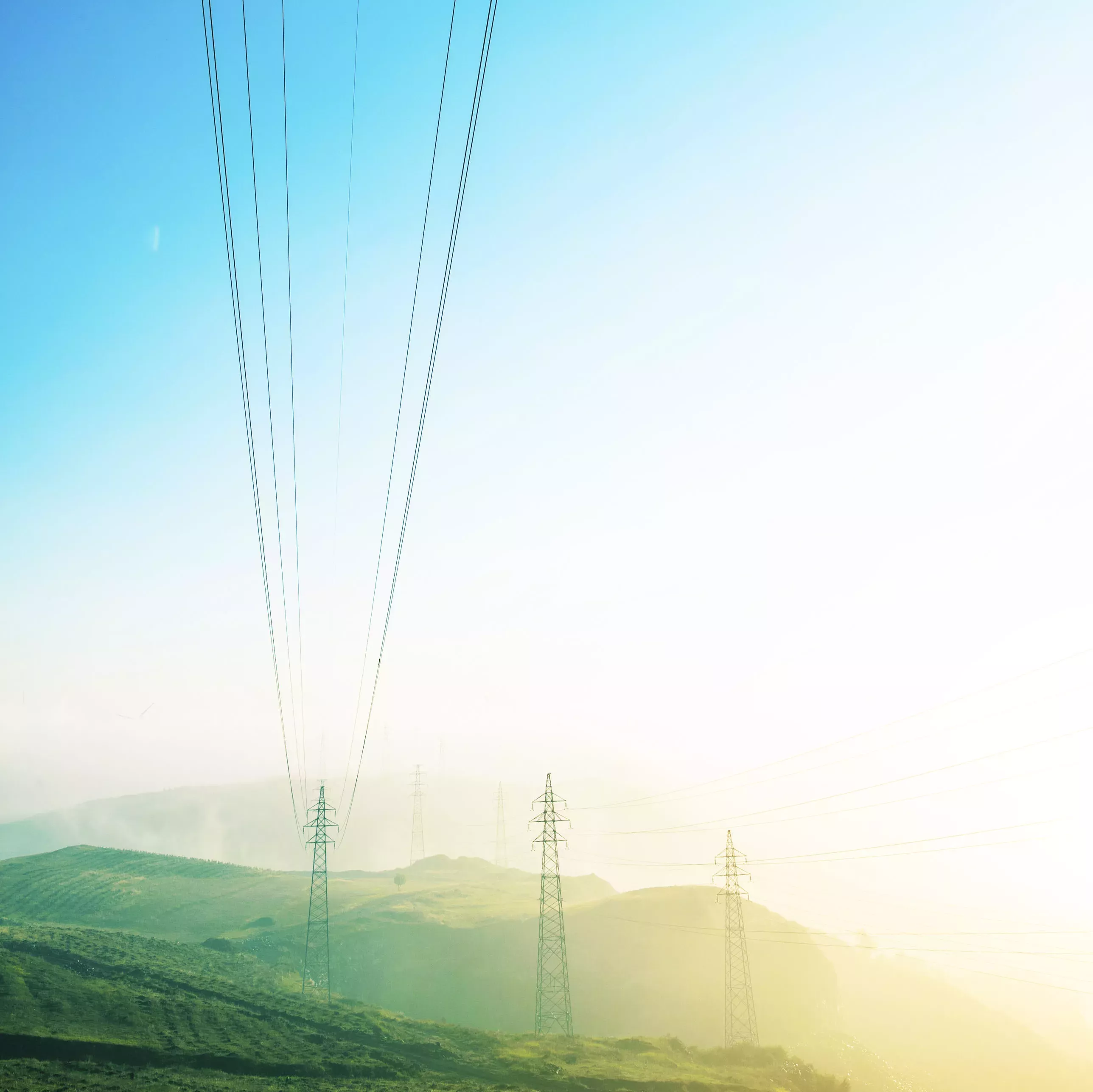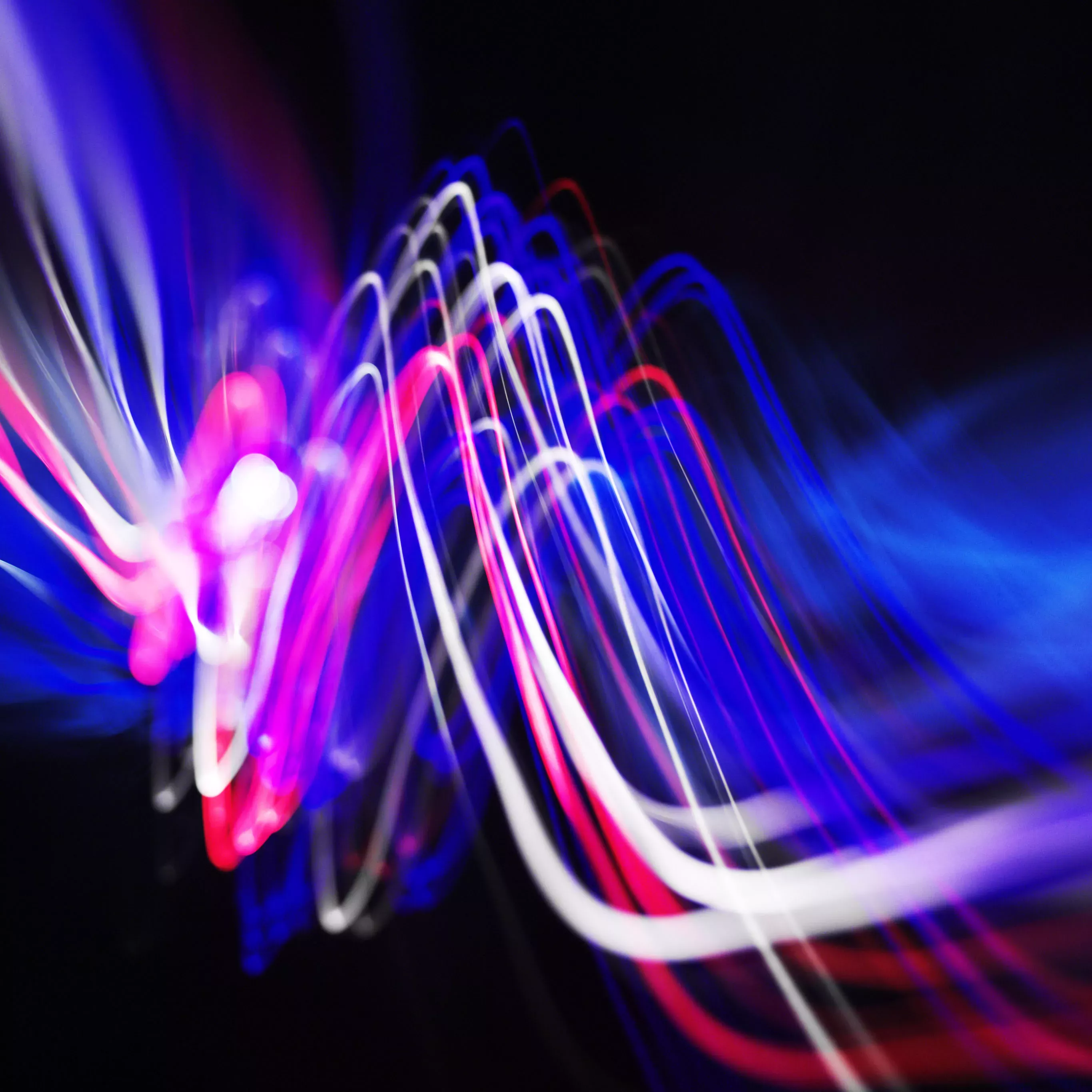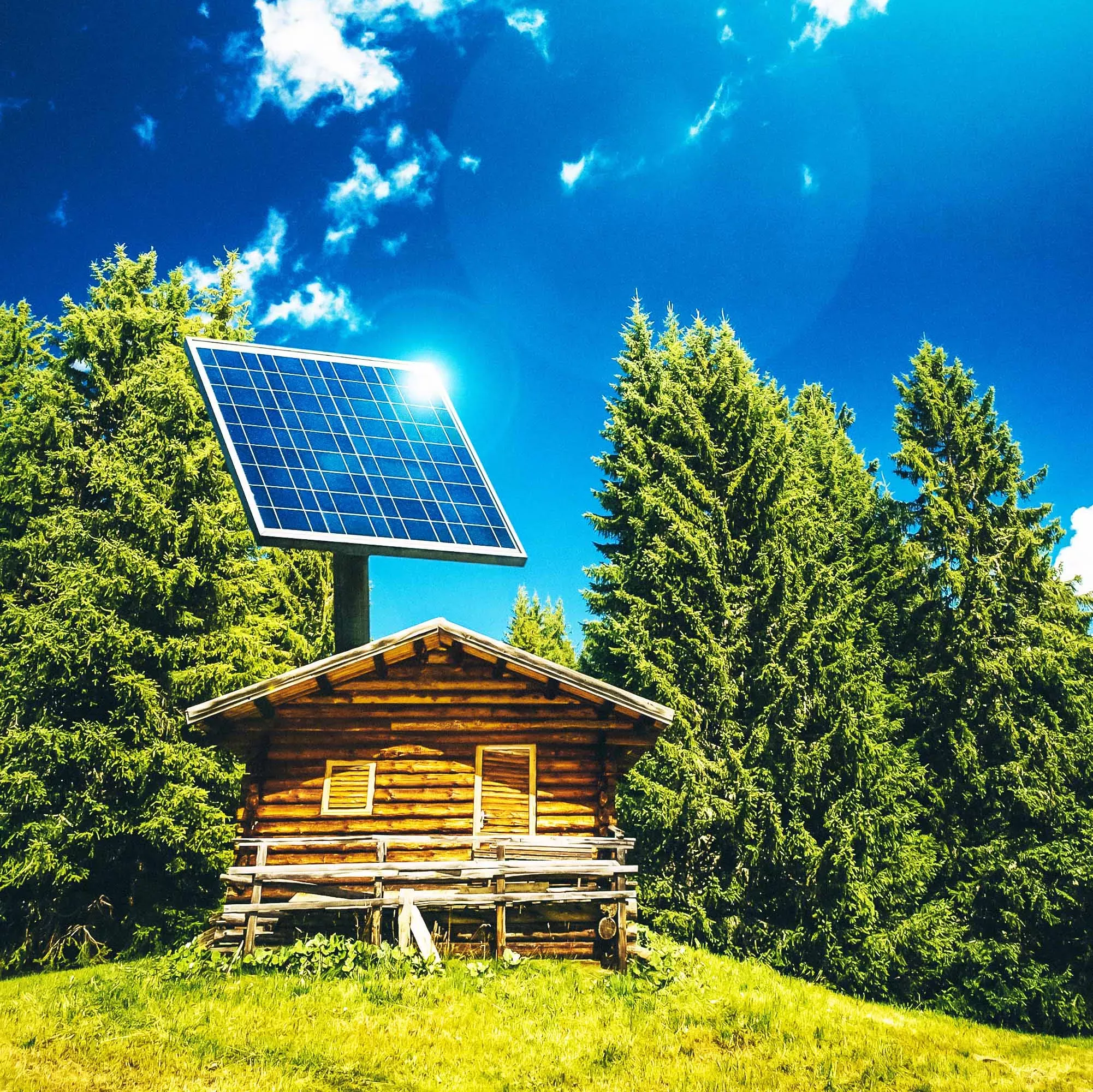CIGRE’s international Study Committees facilitate international knowledge sharing and development for the advancement of power system engineering. This results in the publication of a wide range of technical resources available here on eCIGRE.org. The Study Committees span the end to end scope of power system and are divided into Groups A, B, C, and D.

Group C (systems) has six study committees within it below (C1 to C6).
C1 – Power system development and economics
C2 – Power system operation and control
C3 – Power system sustainability and environmental performance
C4 – Power system technical performance
C5 – Electricity markets and regulation
C6 – Active distribution systems and distributed energy resources
Learn more about the 6 Systems Study Committees

C1 - Power system development and economics
The work of Study Committee C1 covers all system development and economic issues relevant to the electricity power industry and focuses on those topics currently of interest to its target groups. SC C1’s scope of work includes issues, methods and tools related for the development and economics of power systems, including the drivers to: invest in expanding power networks and sustaining existing assets, increase power transfer capability, integrate distributed and renewable resources, manage increased horizontal and vertical interconnection, and maintain acceptable reliability in a cost-efficient manner. The SC aims to support planners to anticipate and manage change by providing guidelines and recommendations.
C2 - Power system operation and control
The scope of the SC C2 covers the technical, human resource and institutional aspects and conditions for a secure and economic operation of power systems in a way that is in compliance
with requirements for network security, against system disintegration, equipment damages and human injuries, and security of electricity supply. The members of C2 mainly come from transmission system operators. The SC is encouraging young members to participate in its activities.


C3 - Power System Sustainability and Environmental Performance
C3 covers the interactions between the natural and social environments and the end-to-end electricity system. It addresses impacts such as: land use; biodiversity; greenhouse gases; air, soil and water pollution; natural resource consumption; waste generation; electromagnetic fields; noise and landscape. It also considers the role and relevance of stakeholder groups, with a special focus on local communities. The role of the power system in relation to the UN Sustainable Development Goals is also a field of work.
C4 - Power system technical performance
The scope of SC C4 covers system technical performance phenomena that range from nanoseconds to many hours. SC C4 has been engaged in the following topics: Power Quality, EMC/EMI, Electromagnetic Transients and Insulation Coordination, Lightning, Power Systems Dynamics Performance, and Numerical Analysis. Study Committee C4 deals with methods and tools for analysis related to the technical performance of power systems, with particular reference to dynamic and transient conditions and to the interaction between the power system and its apparatus/sub-systems, between the power system and external causes of stress and between the power system and other installations.


C5 - Electricity markets and regulation
Study Committee C5 bridges the gap between engineering, economics and regulation. It analyses the impacts of different approaches to markets, regulation and differing market structures (Institutions, participants and stakeholders) on the planning, operation and regulation of electric power systems. Examining the role of competition and regulation in the electricity industry assists in the orderly transition of the power system and improvements to its end-to-end efficiency.
C6 - Active distribution systems and distributed energy resources
SC C6 facilitates and promotes the progress of engineering and the international exchange of information and knowledge in the field of active distribution systems and distributed energy resources (DER). The experts contribute to the international exchange of information and knowledge, among others by means of technical brochures and tutorials synthesizing state of the art practices and developing recommendations.

